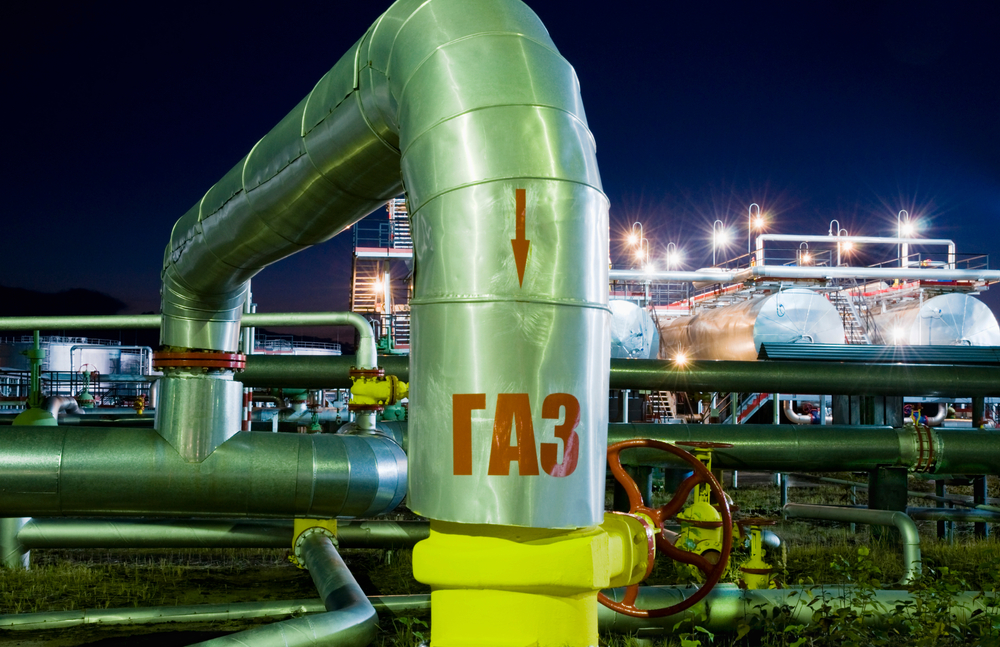Western sanctions have banned direct imports of Russian crude oil.
Others are reading now
Western nations have reportedly spent around $2 billion on refined fuel derived from Russian oil in the first half of 2024, exploiting a significant loophole in international sanctions.
Circumvents Western Sanctions
This trend has allowed Russia to continue benefiting financially from its oil exports, even amid widespread sanctions aimed at crippling its economy, according to Digi24.
The report, set to be released by the Center for Research on Energy and Clean Air (CREA) and the Center for the Study of Democracy, highlights that Ukrainian allies have increasingly turned to refined petroleum products processed in Turkey.
This circumvents European Union (EU) and Western sanctions that have banned direct imports of Russian crude oil.
Also read
Uses Turkish Refineries
The loophole, often referred to as the “refining gap,” allows countries to import Russian oil if it is first processed in another nation.
In this case, Turkish refineries, which have seen a surge in Russian oil imports, are at the heart of this issue. In the first half of 2024 alone, the EU, United States, United Kingdom, and other Western allies bought approximately $2 billion worth of refined fuel from Turkey.
This practice has proven profitable for Turkey, which has increased its Russian oil imports by 34% in 2023 and a staggering 70% in 2024, benefiting from discounts ranging from $5 to $20 per barrel. However, these savings do not translate into lower costs for consumers; instead, they enrich companies and traders.
Despite the sanctions, the revenue from these transactions provides the Russian government with substantial funds, potentially allowing it to recruit an additional 6,200 soldiers per month to fight in Ukraine.
Critics argue that this trade represents a direct violation of sanctions and call for a complete ban on refined petroleum products derived from Russian crude.


